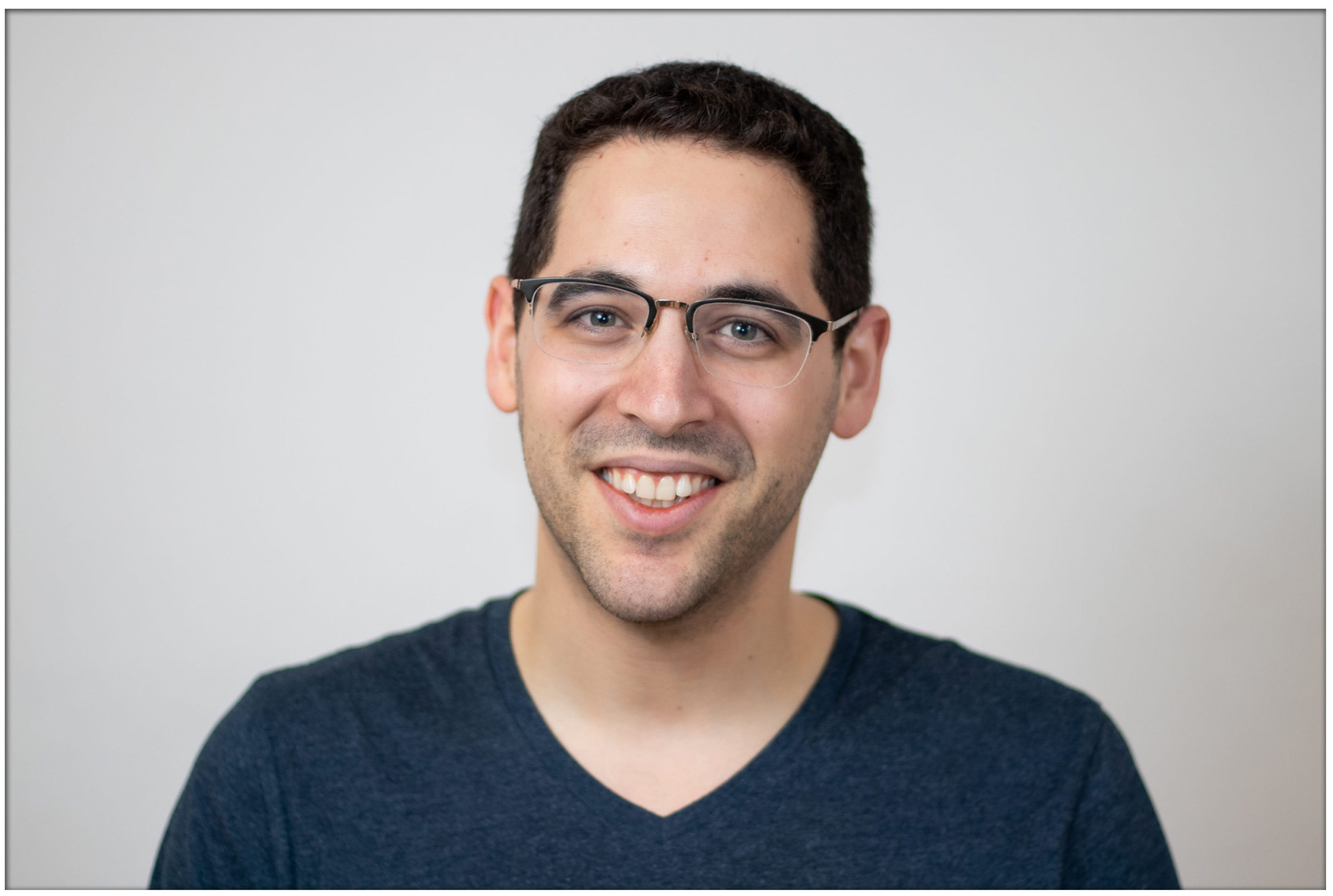While most people respond to anxiety with over-preparation or paralyzing perfectionism, Improv Instructor and York alum, Yitzi Gal, encourages you to make mistakes, and have fun in the process.
Gal teaches improv classes that focus on helping people manage their anxiety at The Second City and Play with Fire Improv in Toronto. He also performs around the city, mainly at the Comedy Bar and the SoCap Comedy Theatre.
Gal is no stranger to the challenges of anxiety. Before he helped people manage their anxiety through improv classes, he was a student at The Second City, taking improv classes after his older sister’s recommendation.
“I went to an all-male school,” Gal shares, referring to the private Jewish school he attended in Toronto. “I never had the necessity to meet new people because it was all the same people from childhood to adulthood. But then I went to university and I was like ‘I’m ill-prepared for human interaction.’ I ended up developing anxiety.”
Gal studied theatre and psychology in his undergrad at York before completing a master’s degree in drama therapy which he started at NYU before switching to Concordia in Montreal to complete his thesis. Today, he uses drama techniques to achieve therapeutic results. “With theatre, especially with improv, I can provide tools that will help that anxiety be calmed, instead of unpacking childhood trauma of why the anxiety started in the first place,” says Gal.
Gal combined his knowledge and experiences from his time as a student of improv with his academic studies and research in drama therapy to help develop a performance-based improv curriculum specifically designed to help people with anxiety. “I don’t think of anxiety as a bad thing. I think of anxiety as a good thing in the wrong moments.,” he shares, expanding that it’s “protective” and “an amazing thing that helps people survive.”
Faith, who has taken an “Improv for Anxiety” class, also experienced positive personal growth. “Meeting new people isn’t nearly as scary anymore, I don’t overthink as much as I used to, and even job interviews are more manageable,” she says.
“I waited seven months before I finally gathered the courage to sign up but wish I had done it sooner. It’s an extremely supportive, safe environment to have fun and play with others who are taking [the class] for similar reasons.”
Gal emphasizes the importance of aesthetic distancing in many types of drama therapy. This concept involves detaching oneself from a linear and factual personal narrative while performing. Instead of performing through an artistic medium, such as theatre or puppetry, the performer has greater creative licence to tell a story than they could if it was simply a retelling of their own life.
“In drama therapy, we talk a lot about aesthetic distancing. How can we work through things? Oftentimes, it’s within character, but it’s like, ‘I see myself in this, but it’s not me.’ I’m able to work on it, because it’s separate from me, but it still has parts of me in it. So it affects my own health as well,” Gal continues.
The concept of “aesthetic distancing” isn’t just limited to improv. During his graduate degree, Gal applied these theatre techniques to help children who were coping with their parents’ divorces and adults who were experiencing suicidal ideation, through puppetry and story-telling, respectively.
“The struggles that people have in their daily lives — whether they see it as a physical struggle or mental struggle — the obstacles are usually indicative of their own narratives. When you work with somebody to tell a fictional story, it comes out in the way that they see their own lives. And if you can work on their fictional stories to get to a successful conclusion, they start to see their own lives as having an ability to get to a successful conclusion.”
Gal believes that a curriculum that focuses on aesthetic distancing instead of putting on an entertainment spectacle would be extremely beneficial in public schools.
“The percentage of students that go into theatre production is incredibly tiny, but the percentage of students that could be helped through a theatre program in their daily lives is a hundred per cent,” he explains.
Malcolm Hinds, a student in the concurrent B.Ed program with a major in law and society, benefited from this teaching philosophy. “I enrolled in Second City’s Improv for Anxiety a few years ago because I was socially anxious. I’d be stressed out about interacting with people in any way. I’d look tense, stutter, or even lose my voice.
“I was getting out of my shell; I wasn’t just tolerating conversations, I started trying to be more social despite my anxiety,” says Hinds.
Today, he does improv four nights a week with the goal of completing Second City’s professional training programs as well as performing with Vanier College Productions. “Instead of avoiding things because of possible failure, I’m now willing to try, knowing that it’s not the end of the world if it happens,” Hinds adds.
“In class, I’m always telling people to make mistakes, have fun, don’t worry about the likely consequences of the choices you’re making,” says Gal.
For those interested, you can take Gal’s Improv for Anxiety classes at Play with Fire Improv and The Second City.




